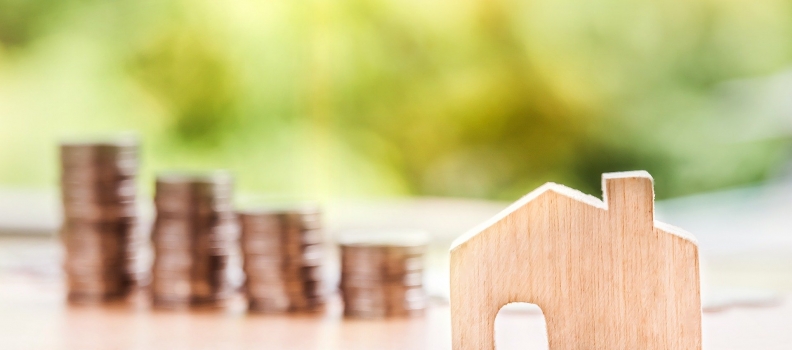
One thing is the sale price of the house and another is the final outlay you will have to make once taxes and the cost of administrative procedures have been added. To ensure that the budget fits your plans and possibilities, we will tell you what the costs of buying a house are.
Generally speaking, the total investment for the purchase of a home involves a series of bureaucratic procedures and the payment of taxes that will increase the final cost.
Costs of buying a house: the mortgage
Unless you have the liquidity to pay for the property in full, you will usually have to apply for a mortgage loan.
Banks usually cover 80% of the appraisal or sale price of the property, so the remaining 20% will have to come from your savings.
In any case, to the price of the house, you will have to add the following expenses of buying a house associated with the mortgage :
Appraisal
Before agreeing on the loan terms, the financial institution will request an appraisal to determine the value of the property, a procedure that varies depending on the appraisal company. However, the choice of the appraisal company is the buyer's responsibility, in case you want to compare offers.
Commissions
Your mortgage contract may not have an opening fee, although this is common practice. Its amount is usually between 0% and 2.5% of the loan capital.
Interests
Depending on what you have agreed with the financial institution, you will have to add the interest generated by the mortgage to the sale price of the property, whether you opt for a variable rate mortgage or a fixed rate loan .
Related products
Please note that the conditions of your mortgage may be subject to the contracting of certain services, such as life or home insurance, or related products that also influence the costs of buying a home and that you should also take into account.
Expenses of buying a house: taxes
You will not have to pay the same taxes if the property is new or second-hand .
So, if you have opted for a property that is newly sold, you will have to add 10% VAT to the final price . For example, if the house itself cost you 100,000 euros, you will have to pay the Treasury 10,000 euros for the purchase. However, there is a reduced rate of 4% for Public Housing.
However, when the house is second-hand , you will not have to pay the two previous taxes, but you will have to pay the Property Transfer Tax, which varies between 5 and 10% of the price of the public deed, depending on the autonomous community where the property is located.
In addition to VAT or ITP (as applicable), new owners will also have to pay the Stamp Duty, a tax that falls under regional jurisdiction and whose amount varies depending on the region.
Other expenses of buying a house
Other expenses of buying a home that are added to the price of the property are all those related to administrative procedures and the payment of public notaries.
Normally, it is the bank that is responsible for hiring a management company to take care of everything , although you can do it yourself and save yourself the expense of an intermediary.
In addition, to formalize the deed of sale and mortgage in case of requesting financing, we will go to the notary's office. Remember that it is the buyers who have the right to choose the notary who will carry out the management, because - although the fees are set by law - you can benefit from some discounts.
Finally, you will also have to pay the Property Registry to request a simple note and register the deed. As in the previous case, the fees are set by the Administration and depend on the price of the property.
